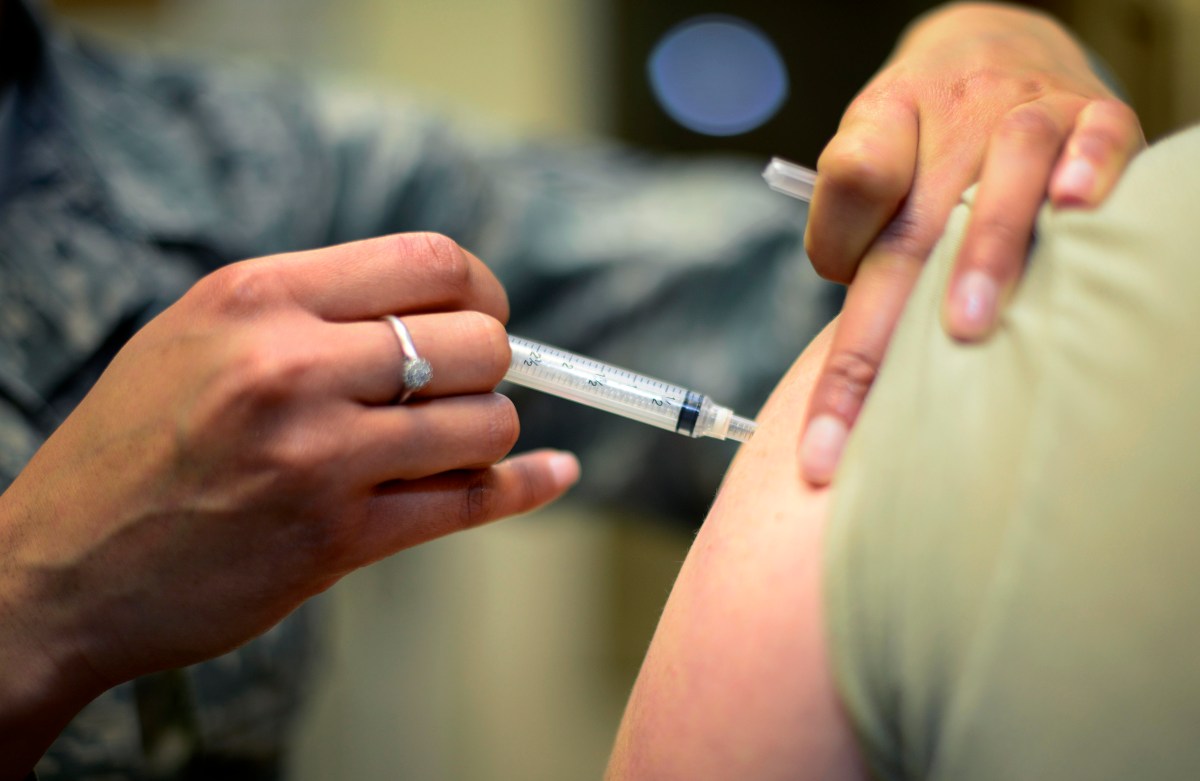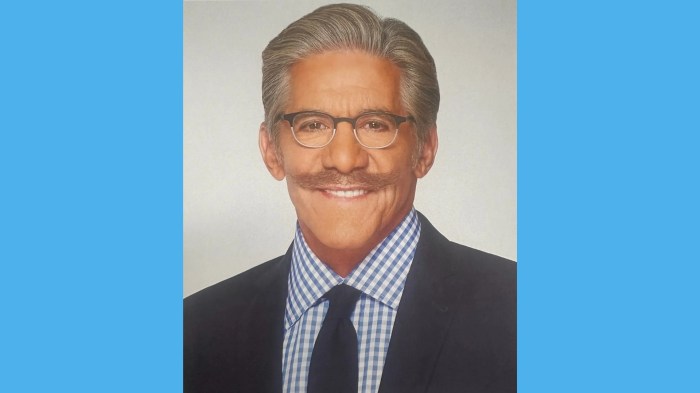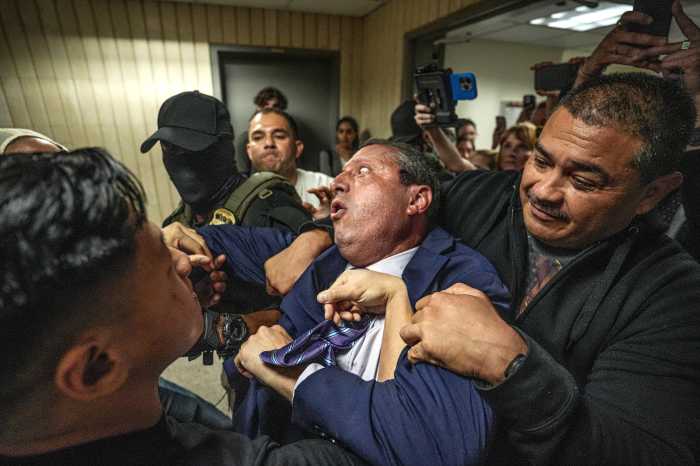More than 100,000 people have signed petitions opposing a New York State proposal that would mandate human papillomavirus (HPV) immunization for school children. One argument is about politics; the other is about science. And they could not be more different.
As pediatricians, we aim to advance the health and best interest of children. This doesn’t mean that whatever we say, goes. Parents may disagree with our advice, and unless that disagreement places a child at immediate risk of injury, there are times we accept this.
While there are scientific reasons to believe that mandatory HPV immunization would advance childrens’ health, I understand those who feel that this is government overreach. This is not for scientists or health professionals to decide. We’re just one voice in the room.
On the other hand, some people are asserting that the vaccine is too new, the track record too unclear, and serious adverse events too frequent. They cite cases of death after immunization, and that there’s reason to believe the risks are not worth the benefit. But as late New York Senator Daniel Patrick Moynihan famously said, “Everyone is entitled to his own opinion, but not to his own facts.”
These assertions are simply not true. Some are serious distortions of the data. Others are pure fiction.
There is too little room here to review all the facts, but here are a few. The vaccine isn’t new, and like all vaccines in the U.S., it has been tested in development, in prelicensure trials, and ever since its release. Death among vaccine recipients? The journal Pediatrics recently reported a thorough review of HPV vaccine safety and concluded that no serious adverse events were attributable to this vaccine, and the overall safety profile was very similar to what was seen in prelicensure studies. A few teenagers pass out immediately after injection.
Were this vaccine utilized for every eligible person, more than 30,000 new cancers would be prevented and 6,000 lives saved annually. We would look like Australia, where immunization rates are high and HPV is expected to go extinct within a decade.
My advice? Sign the petition if that’s how you feel. Then talk to your pediatrician about HPV vaccine. Better yet, get your child the vaccine at the 11-, 10-, or 9-year visit.
The science is robust. Being immunized against HPV is far safer than lifelong exposure to cancer risk due to human papillomavirus.
Dr. Michael B. Grosso is the medical director of Huntington Hospital.


































